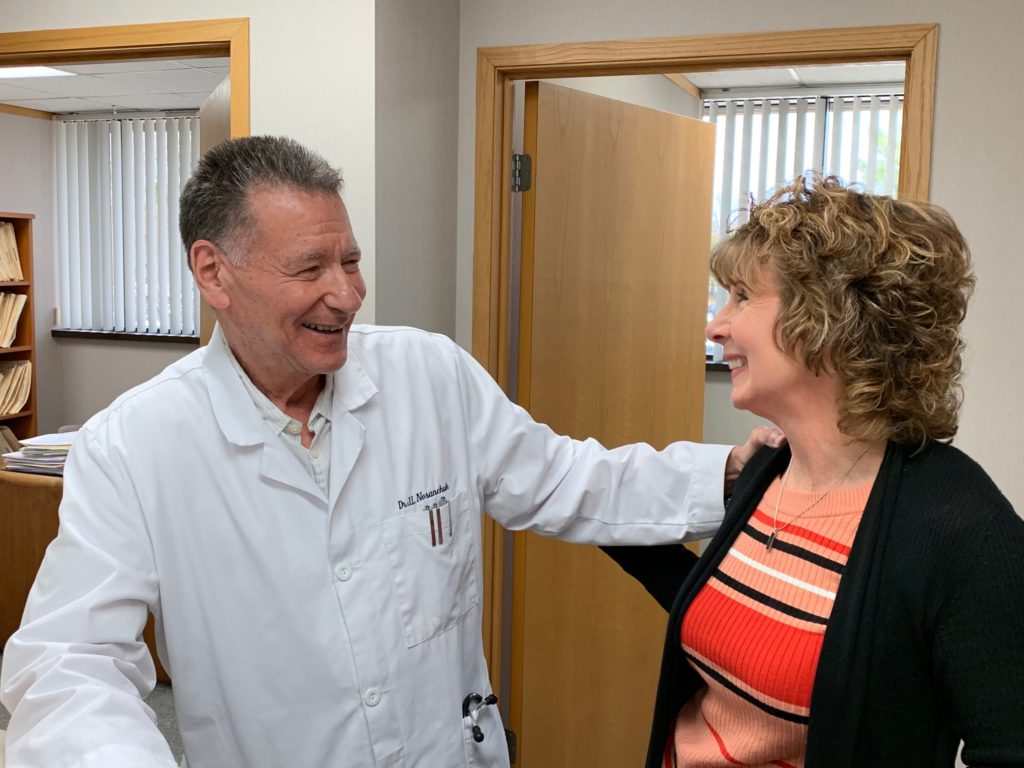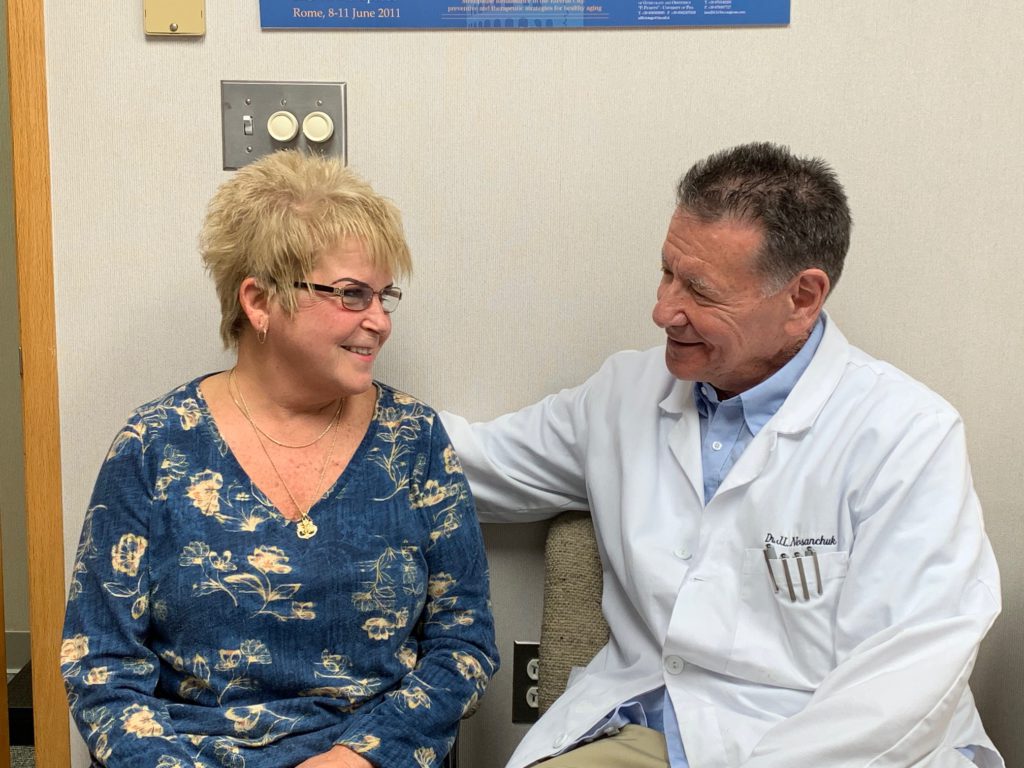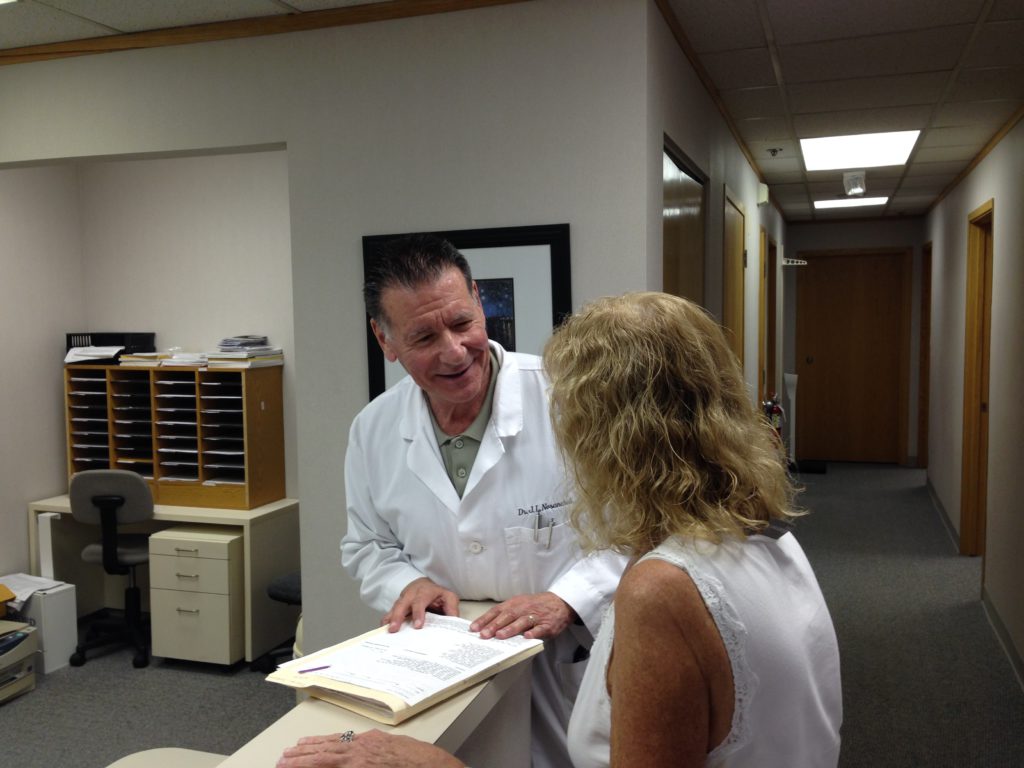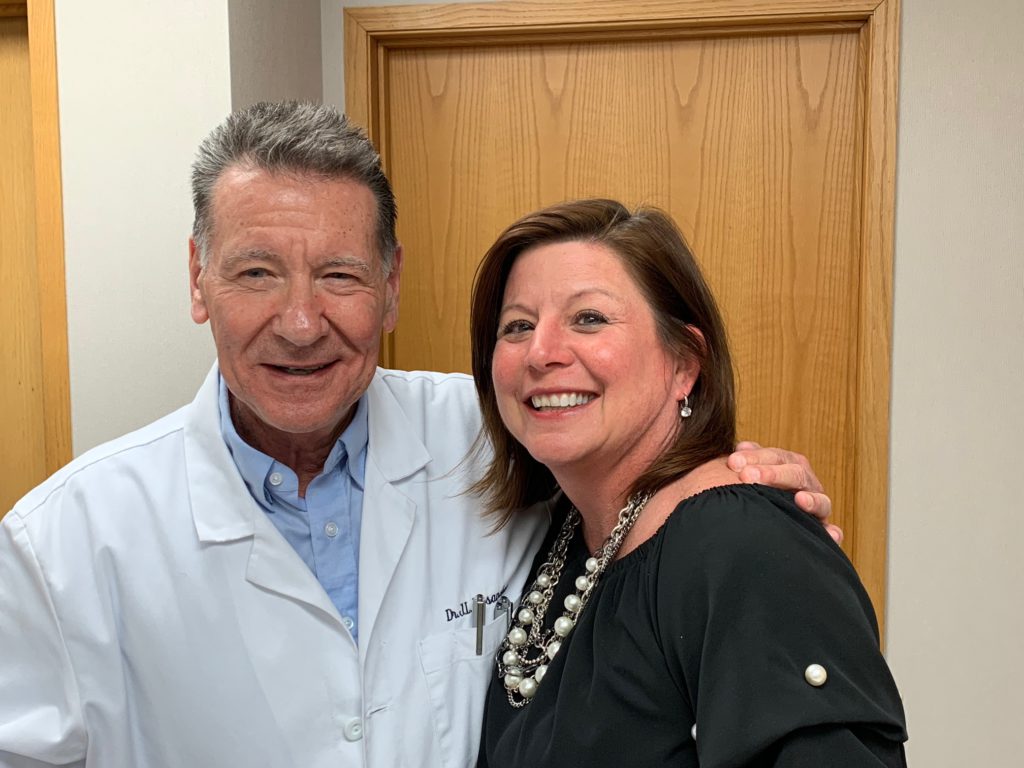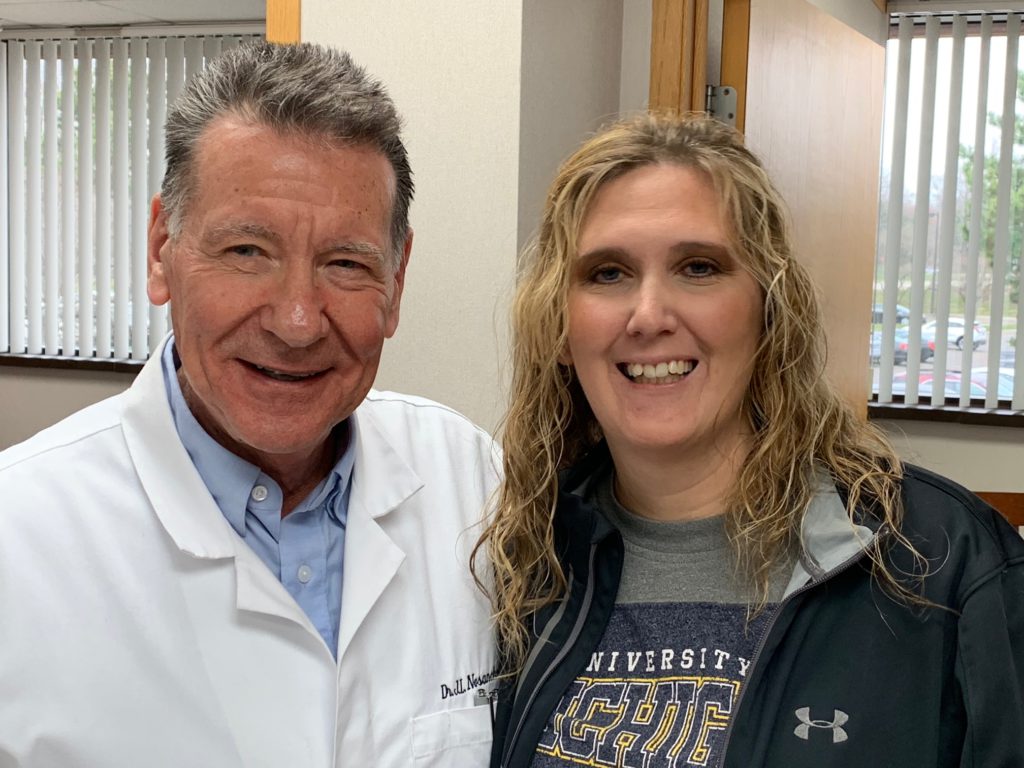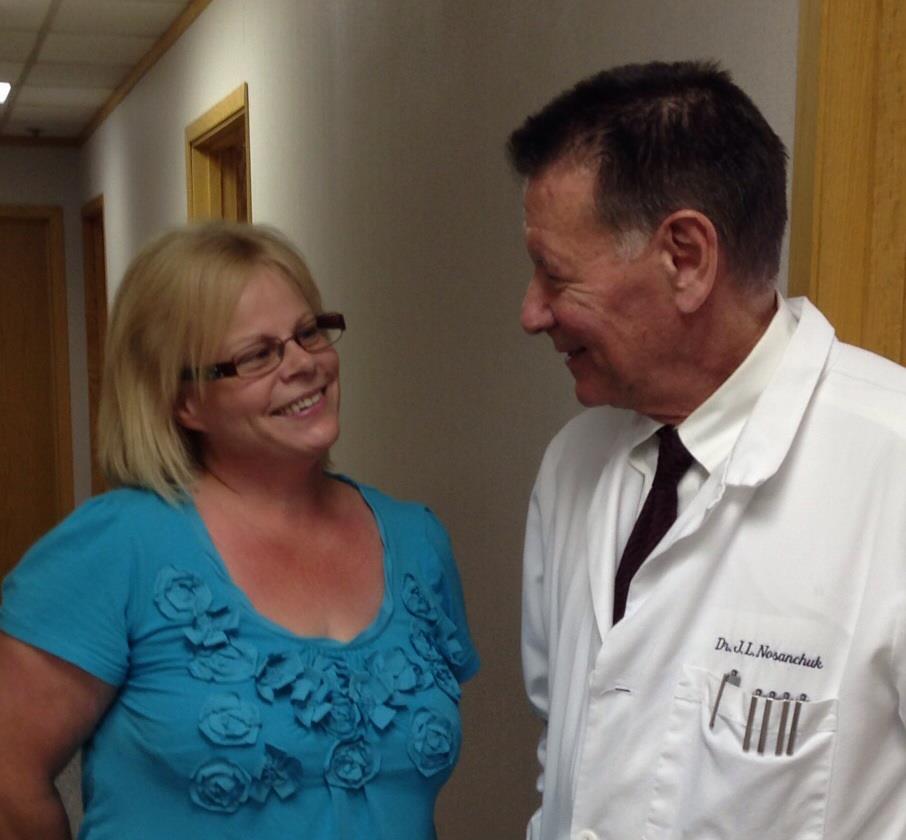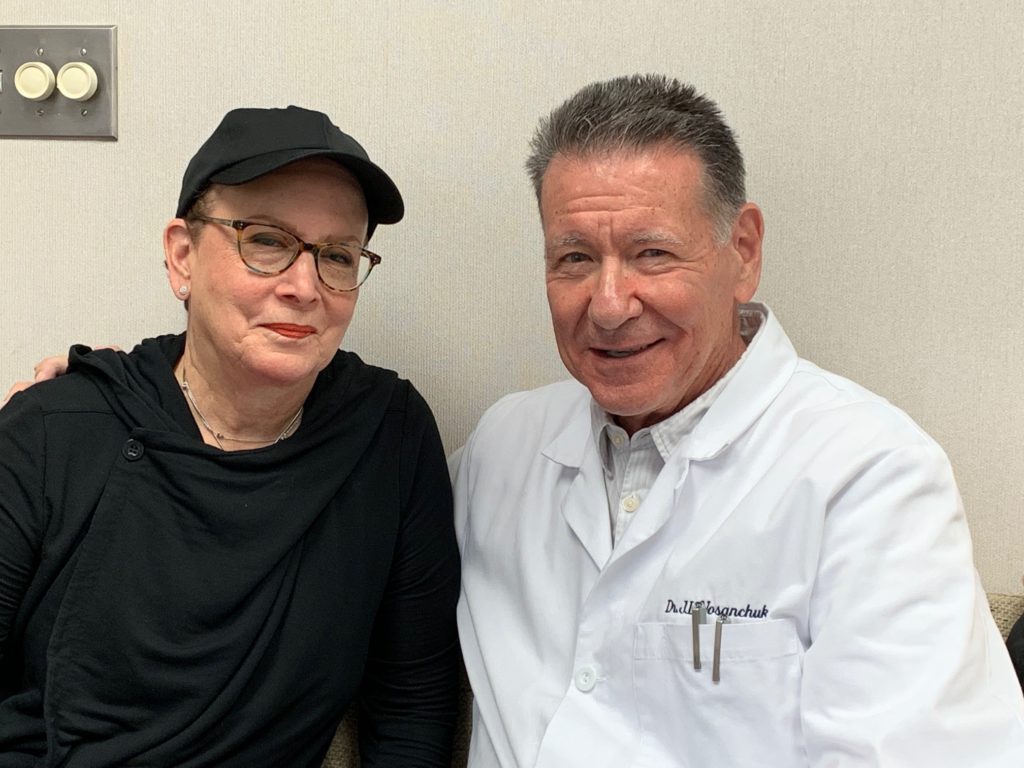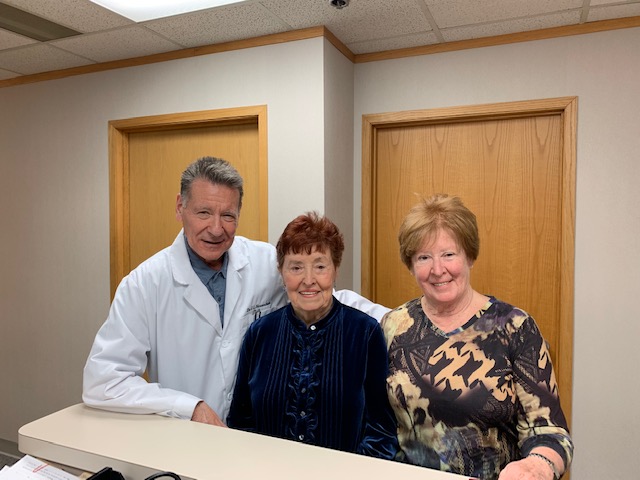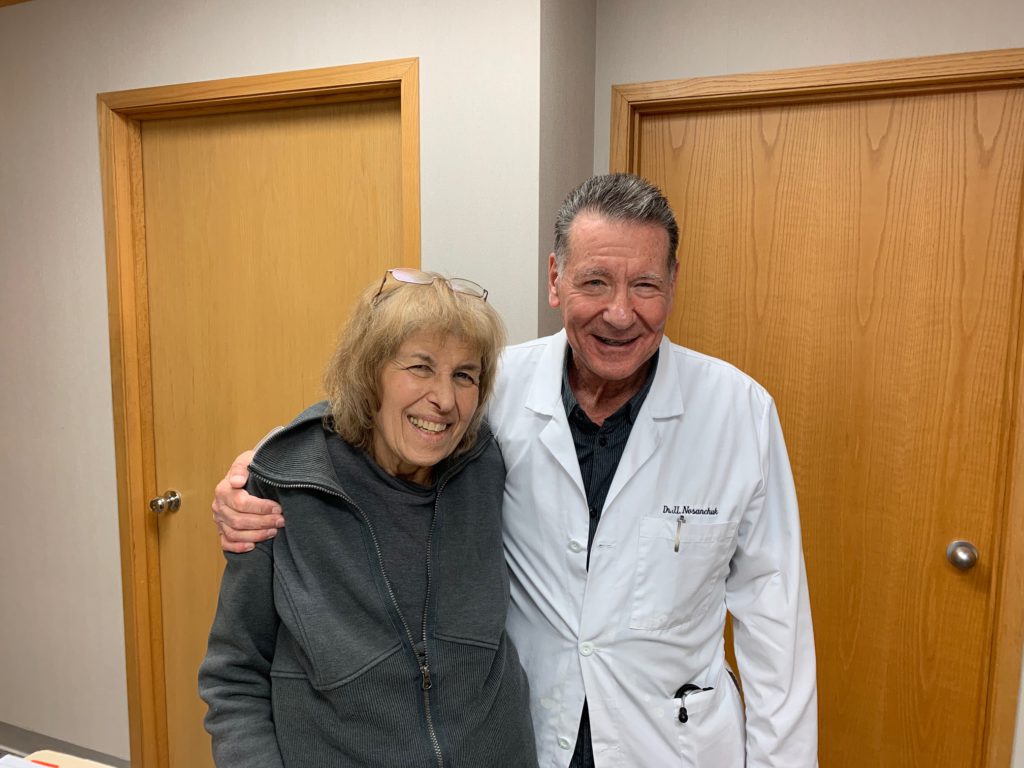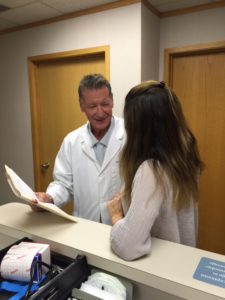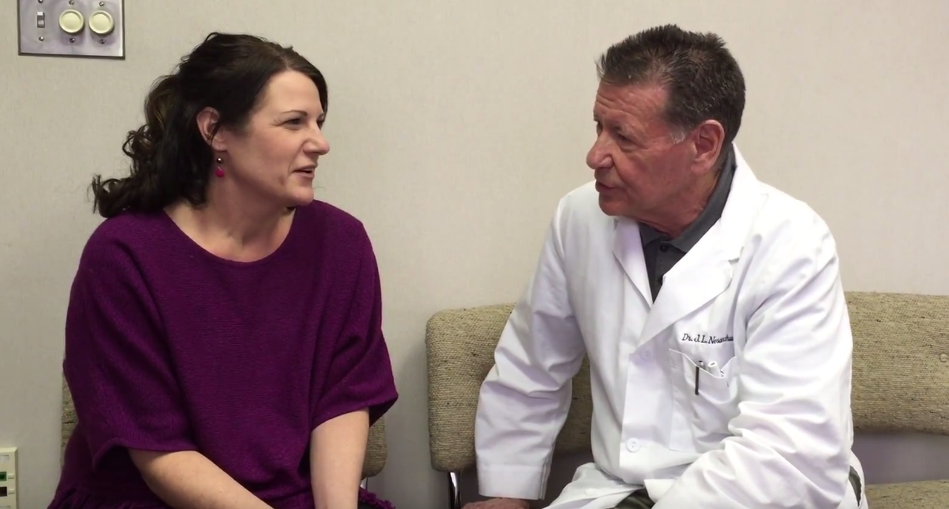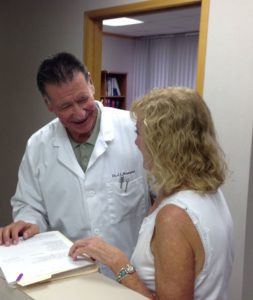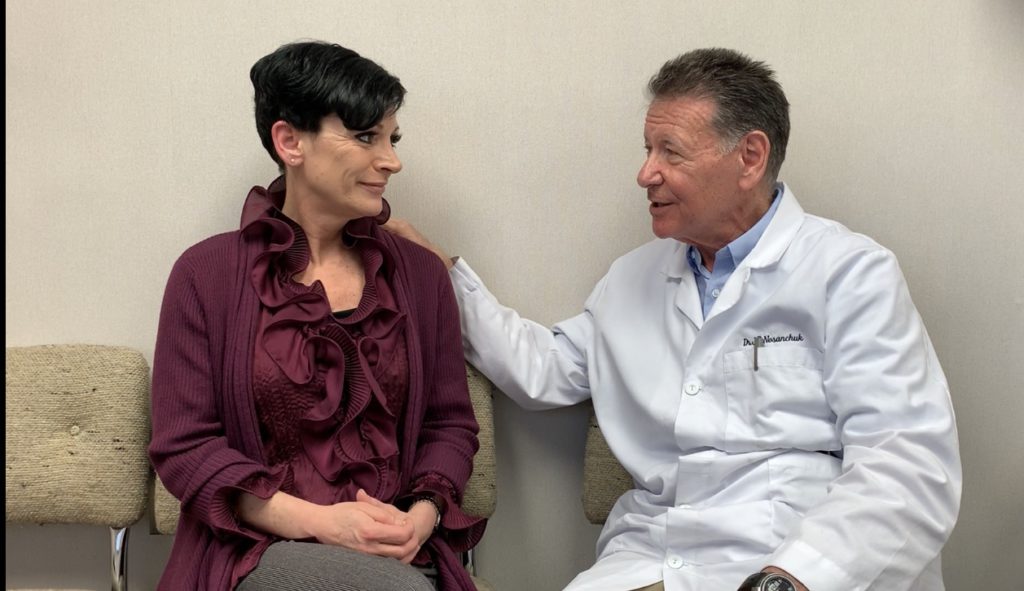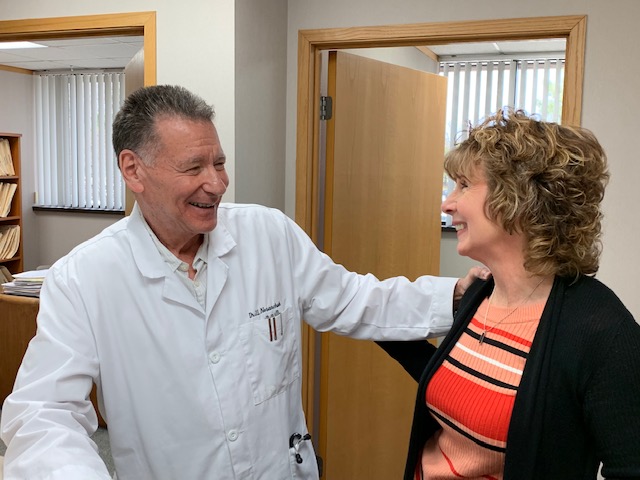
Karen is an attractive and young looking menopausal patient
For an appointment or a phone consultation with Dr. N call (248) 644-7200 and speak to Caroline
Dr. N provides treatment regimens that resolve your hot flashes, sweats, sleep disturbances, headaches, fatigue, depression and restore sexual intimacy even when your previous treatments have been unsuccessful. Our goal is for every one of our menopausal patients to be able to say … I’m Back to being me.
Click link below to see videos of Dr. N’s patients discussing their menopause and their therapy
Menopause – Symptoms, Sex and Hormones – YouTube
Loss of sexual desire and ability to participate in and enjoy sex is not a normal part of aging. Dr N explains why a menopausal woman’s desire to have sex and her capacity to physically participate in sex are influenced by her menopause…
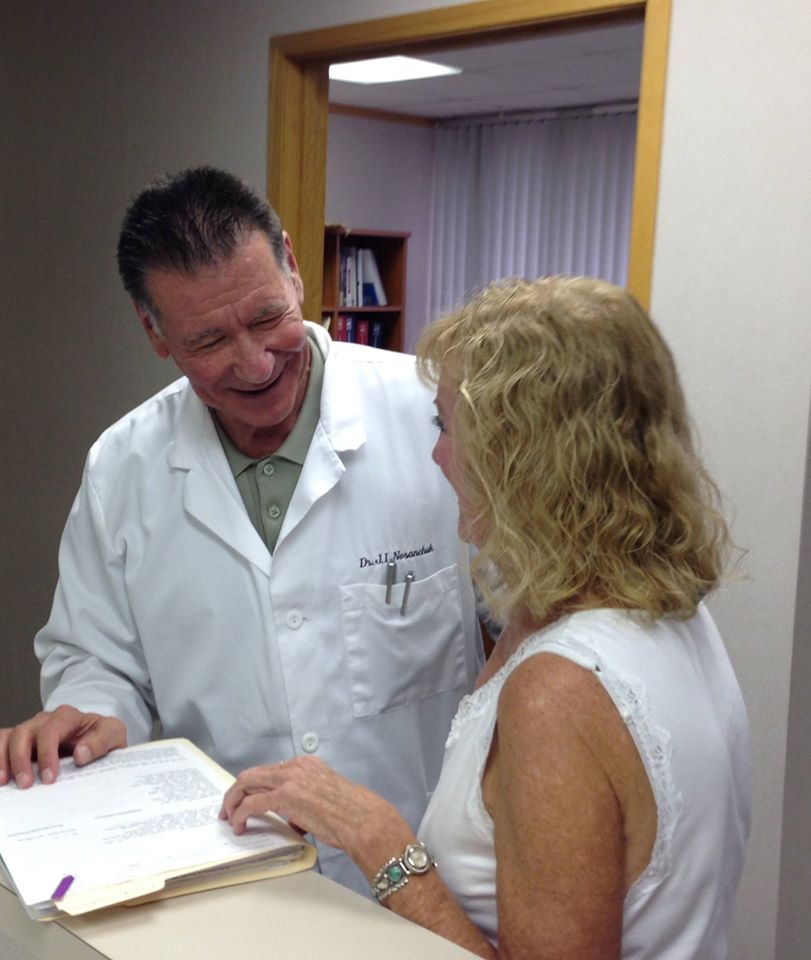
Disturbance of sexual desire or sexual function was given as the primary reason for scheduling the initial appointment by approximately half of the menopausal patients seen in my office. Almost all of these patients had seen at least one physician prior to coming to my office and most two or more. Many women had sought out the services of a female physician in the belief that another woman would be more knowledgeable about menopausal issues and more sympathetic to their problems. Several each year came from out of state. Most ranged in age from 35-60, although some were as young as their 20’s and some in their 70’s. Almost all of the patients had had at least one unsuccessful treatment attempt by a physician. Half of these women related, that a physician had told them that since appropriate  treatment had been provided and was unsuccessful, that their sexual problems “couldn’t possibly” be related to menopause, or “maybe you’re having a problem in your relationship”, or “maybe you need to see a therapist” The most severe and life altering sexual problems were experienced by women who had undergone a “surgical menopause”, especially if one or both ovaries were removed during the procedure. Almost all of the women who had undergone a hysterectomy had been assured that there would be no unpleasant effects following the surgery which could not be resolved with HRT, if needed. Many are unsuccessful in their repeated attempts to find someone who can help them, provide a rational explanation for their problems, or even believe them. Even though they are certain initially, that their sexual problems are due to their menopause/hysterectomy, many women begin to doubt themselves. They start to wonder if …”maybe all those people are right, maybe I am crazy and all this is in my head”. Ultimately, hopeless and feeling betrayed, they begin to doubt that their previous sexual state will ever be regained …and stop looking.
treatment had been provided and was unsuccessful, that their sexual problems “couldn’t possibly” be related to menopause, or “maybe you’re having a problem in your relationship”, or “maybe you need to see a therapist” The most severe and life altering sexual problems were experienced by women who had undergone a “surgical menopause”, especially if one or both ovaries were removed during the procedure. Almost all of the women who had undergone a hysterectomy had been assured that there would be no unpleasant effects following the surgery which could not be resolved with HRT, if needed. Many are unsuccessful in their repeated attempts to find someone who can help them, provide a rational explanation for their problems, or even believe them. Even though they are certain initially, that their sexual problems are due to their menopause/hysterectomy, many women begin to doubt themselves. They start to wonder if …”maybe all those people are right, maybe I am crazy and all this is in my head”. Ultimately, hopeless and feeling betrayed, they begin to doubt that their previous sexual state will ever be regained …and stop looking.
Does all this seem a little strange and difficult to believe?
Unfortunately, for many women it’s a frighteningly familiar scenario.
It is possible for almost all of these women to regain their previous sexuality if the alterations in function are secondary to menopause, irrespective if it’s natural or surgical. The “gold standard” for determining if the changes are secondary to menopause is simple; if you had a great sex life prior to menopause and following menopause you don’t and you think it’s related to your menopause … you’re probably right. If anyone tells you otherwise, they are almost always going to be wrong.
WHAT ARE THE EFFECTS OF MENOPAUSE ON A WOMAN’S SEXUALITY?
A menopausal woman’s desire to have sex and her capacity to physically participate in sex are both affected by her menopause. This not to imply that the majority of women do not continue to function sexually following menopause, but rather that they are no longer able to achieve their optimum sexuality.
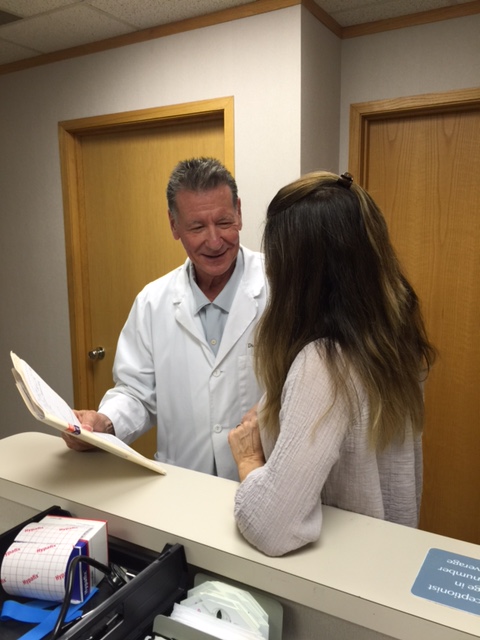
WHY DOES THIS HAPPEN?
These changes are a direct result of the alterations in sex hormone levels that precede and accompany menopause and are not related to aging. They are almost always preventable and/or reversible by appropriate HRT.
IS THIS A PROBLEM FOR EVERY WOMAN?
Yes …and no.
Sex is an important quality of life issue for menopausal women but as with most things everyone has their own agenda.
To begin with, not every premenopausal woman has a strong sex-drive and the transition to a state of lessened sexual interest may not present a significant problem.
Some women who were highly libidinous and sexually active premenopausally, may welcome a diminished sex drive as it may present the opportunity for a less distracting life-experience. Some menopausal women reflect that they would prefer acts of intimacy such as “cuddling” as opposed to intercourse. In addition, a lower libido may lessen the sexual tension presented by fewer opportunities for sexual expression, as there is a diminishing pool of available companions due to increasing rates of sexual dysfunction, health problems and death. Health issues, divorce, alterations in living environment dictated by advancing age or finances, perceptions of aging, changes in body image and self esteem play a part as well.
However, it’s important to not lose sight of how influential sex hormone levels are as a determinant of sexual attitudes and behavior. The catch-22 of low hormone levels that result in a diminished sexual interest is that there is no compelling need for those affected to remedy the situation, as they are usually quite content. Unfortunately, their partner may not be so content. Shared sexual intimacy in the context of a committed relationship enhances the existing spiritual bond and even subtle changes in preexisting patterns of sexual behavior and response are readily discernible by a partner and can be a source of distress. This can result in significant conflict in a relationship if their partner still has a good libido and a compelling need to continue to be sexual. If the woman believes that her decreased interest in being in sexual intimacy is an inevitable aspect of aging and is unrelated to her hormone deficiency this can be a problem. It bears repeating if you were sexual before your menopause and experienced loss of interest following your menopause it is almost certain you can regain your previous level of sexuality if you desire.
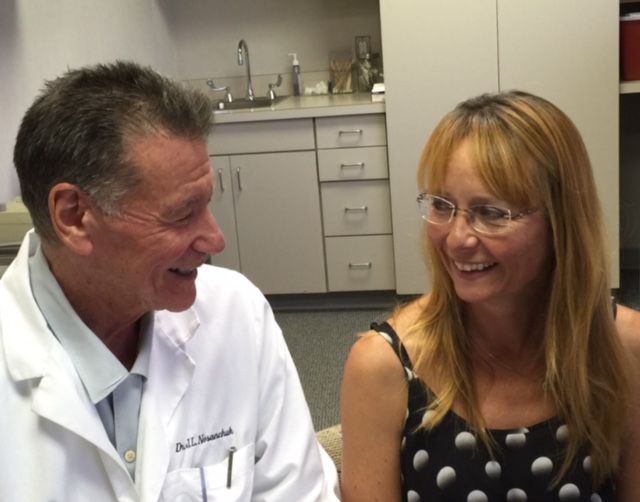
I am reminded of a patient who was referred to me in the mid-80’s for treatment of Osteoporosis. She was a widow, about 60 years old and had been without the benefit of HRT for several years. As part of her treatment program I prescribed a program of HRT. I mentioned that the HRT might increase her libido. She responded angrily, “I don’t care about that ” I saw her for follow-up care and about six months later she was accompanied by a man who had been her grocer in tow. They looked like teenagers, faces flushed and holding hands as they revealed plans for their impending marriage. It was a very educational moment for me. Hormones, replacement may have potent effects on sexual attitudes, behavior and agenda.
Part 2 – Sex & Libido – Hormone Replacement Therapy
This section addresses the role of sex hormones in maintaining libido and sexual function. It discusses the manner in which a natural, or surgical menopause, or medications may affect the sexual experience and provides treatment options to restore sexual desire and function.
IMPORTANT: This website is for educational purposes only. It is not intended to suggest a specific therapy for any individual and must not be construed to establish a physician patient relationship.
